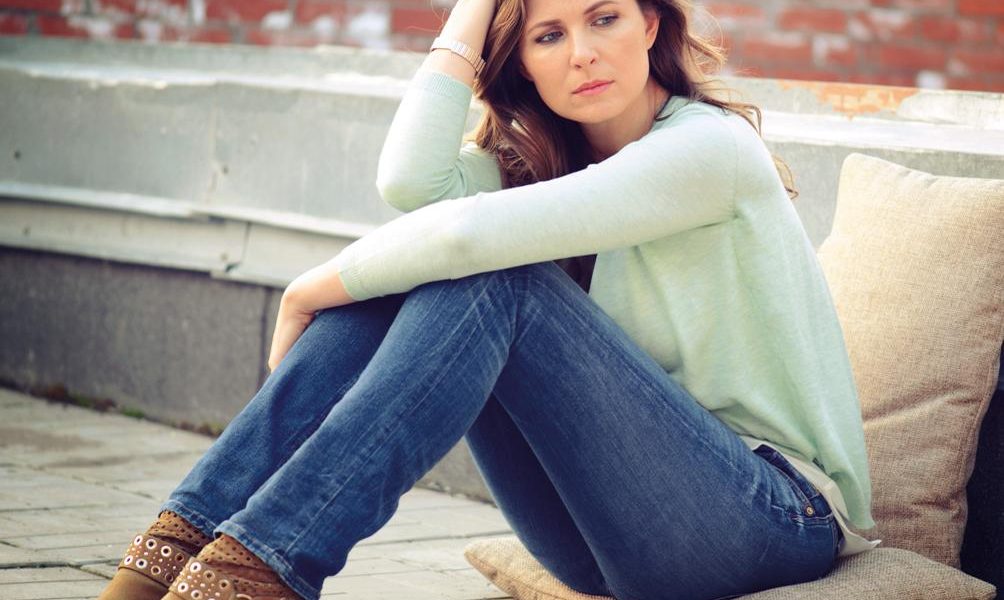Before we take our own leave of this life, we will encounter mortality as loss. Whether or not we saw it coming, the impact will be deep and there are no quick fixes to lessen the pain. All we can do is accept our emotions, bear our own grief, look after ourselves and resume a full life when we are ready.
A mix of feelings
It’s common to feel a bundle of emotions after losing someone close to you. There’s no uniform way to experience loss or to grieve. Alongside sadness, shock and despair, the more surprising feelings of guilt, anger and relief often surface from time to time, and it’s important you do not feel at any time that your response is inappropriate or strange – it isn’t. Family tensions can often arise between people who are coping with bereavement in different ways – for example, one wants to talk while the other prefers quiet solitude. Look out for such stresses, and be as tolerant as you can of different coping styles. Shock can be felt even by those who believe they are well prepared. Many people cry every day for a while and may be angry with themselves for their lack of selfcontrol. You may feel you just cannot cope with such strong feelings. Although this may sound like empty words, the feelings will eventually become less intense and you’ll find a way to live with them. The strong yearning we often feel for the one we have lost is particularly difficult to cope with. We may feel desperate to find them, despite the impossibility of this. Such feelings can make it extremely hard to relax or to concentrate on anything else.
Be kind to yourself
Loss commonly brings physical symptoms, too, including insomnia, appetite loss (or overeating) and headaches. Looking after your body as well as possible, by making the right choices about diet and exercise, is of the utmost importance. The phrase “take it one day at a time”, so often said, has real value as an inner mantra that you can repeat to ensure you narrow your horizons of anxiety. Worrying about tomorrow’s problems now is unhelpful – better to focus in a practical way on what you have to get through today. Keeping busy is one way of coping; but an equally helpful approach for many is to take things slowly and perhaps book a holiday or go for long walks. Being among other people can feel reassuring, even if you don’t yet feel ready to engage with anyone.
Mindful mourning
For most of us, seeing the body comes early in the grieving process, whether before or after the undertaker has been summoned. This is distressing but offers an emotionally constructive way to say “goodbye”. Not doing this, or not giving a tribute at the funeral, can give rise to deep regret later. Generally, we find it valuable to commemorate those we have lost. An annual visit to their grave or the place where their ashes lie is a way to ritually affirm their importance. Some of us will opt to visit more often. Planting a tree, which grows taller as time advances, can have suggestive symbolism, with overtones of new growth as well as memory. In time, such ritual actions, especially if they take place in lovely surroundings, can induce a sense of peace, based on loving memories and continuing connection. Devise any ritual that seems intuitively right for you – it could be a regular pilgrimage to a holiday destination. The seaside and mountains, in particular, offer a symbolic resonance that seems to help healing and promote acceptance and tranquility.
When to seek help
Talking with family and friends can be a great source of comfort. Some might go further and seek the help of a bereavement counsellor, even a year or more after the person passed away. Any of the following effects should prompt you to consider this option if they continue to happen long after the event:
• Feeling unable to get up and face the day
• Complete loss of appetite, or other aspects of physical self-neglect
• Seeing your life ahead as unbearable
• Emotions so intense they undermine normal life
If you are struggling with your feelings, even before you lose someone, a bereavement counsellor will be able to help you.
What to expect after loss
Individuals differ greatly in the way they experience and show grief, and rigid generalisations are unhelpful. However, most people seem to recover from a major bereavement after a couple of years. The following symptoms are likely to occur, following each other or overlapping in unpredictable ways.
Shock
This occurs even if the death was expected. Numbness, a common manifestation, can be helpful when you are dealing with the practical arrangements following a loss.
Agitation
The emotional turbulence immediately after the passing tends to reach a peak about two weeks later.
Sadness
Periods of sadness or depression increase in frequency after the time of agitation. They often peak after four to six weeks.
Strong grief
Grief can break out in spasms at any time, usually in response to some cue that has triggered a reminder of the person.
Anger
You may feel angry at the fate that has taken away a loved one, or at the person themselves for making you lonely and upset. You may also feel anger about people who don’t understand the depth of your loss.
Guilt
It’s common to feel guilty about things said or done, or neglected. You might even, irrationally, feel guilt about the death itself, as if you could have prevented it or made it less painful.
Resumption
It’s usually good to try to resume something that resembles normal life after about two weeks. It might be tempting even after that to avoid seeing people who strike you as indifferent or empathetic, but doing so can cause complications.
Reflection
Quiet reflection on the lost person and the times you shared is an essential part of grieving. To outsiders it can seem that you are lost in your own world.
Extracted from The Way of Calm: 120 simple changes to help you find peace in a stressful world by Mike Annesley and Steve Nobel (£9.99, Eddison Books)



















